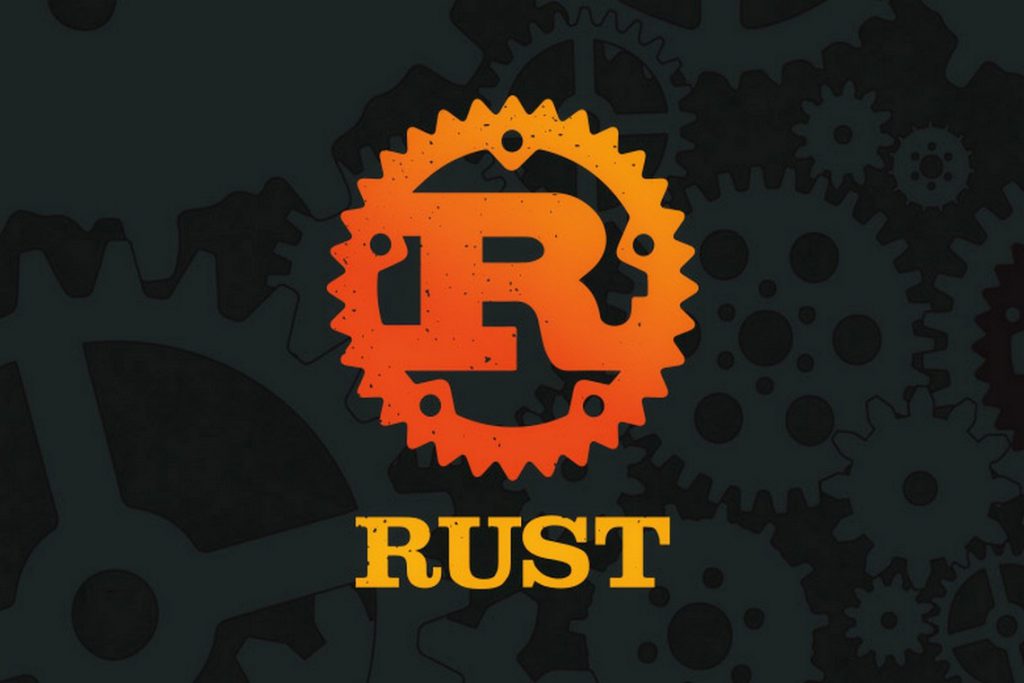

History & Origin of Rust
Rust has been voted the “most loved programming language” in the Stack Overflow Developer Survey every year since 2016 and was used by 7% of the respondents in 2021.
The language grew out of a personal project started in 2006 by Mozilla employee Graydon Hoare. Hoare has stated that the project was probably named after a rust fungus and that the name is also after “strong”. Mozilla began sponsoring the project in 2009 and announced it in 2010. In the same year, work shifted from the initial compiler to an LLVM-based self-hosting compiler in Rust. Named Dehati, it successfully compiled itself in 2011.
Rust Requirements
Rust system requirements are set very low with a sensible minimum. Many players experience some frame rate issues – but they can mostly be fixed in the Rust game settings menu. Provided that you have at least one AMD Radeon R9 280 graphics card to play the game. Also, an AMD Radeon R9 Fury is recommended to run Rust with the highest settings. In terms of game file size, you will need at least 20 GB of free disk space. The Rust system requirements state that you will need at least 8 GB of RAM. If possible, make sure you have 16 GB of RAM to keep Rust running at its full potential. Rust requires at least an Intel Core i7-3770 CPU to run. Whereas, AMD Ryzen 5 1600 is recommended to run it.
What is Rust?

Rust is meant to be fast, secure, and reasonably easy to program. It is also intended to be widely used, and not only end up as a curiosity or run in language sweepstakes as well. There are good reasons to create a language where security sits on an equal footing with speed and development power. After all, there is a tremendous amount of software – some of it running critical infrastructure – built with languages where security was not the first concern.
Why use Rust
To sum up, the main reasons for embracing Rust in your next software project include:
- High performance while ensuring memory safety
- Support for concurrent programming
- The growing number of Rust packages at crates.io repository
- A vibrant community driving the development of the language
- Backwards compatibility and stability ensured
Rust programming language advantages
- Rust is fast
- Rust is memory safe
- Rust is low-overhead
- Rust is flexible
- Rust is easy to deploy
- Rust is cross-platform
- Rust has powerful language features
- Rust has a useful standard library
- Rust has many third-party libraries
- Rust has good IDE support
Rust programming language disadvantages
- Rust is new
- Rust is difficult to learn
- Rust is complex
- Rust is a systems languagesThe Rust language road map
Best Rust Alternatives
Rust is described as a ‘feature’ and is a popular programming language in the development category. Rust has over 10 options for various platforms, including Windows, Linux, Mac, BSD, and Android. The best option is Java. It’s not free, so if you’re looking for a free alternative, you can try C++ or C (Programming Language). Other great apps like Rust are Go (programming language) (free, open-source), C# (free, open-source), Julia (free, open-source), and Haskell (free, open-source).
- D (Programming Language)
- C (programming language)
- Go (Programming language)
- F# (programming language)
- V (programming language)
- Java
- C++
- C#
- Julia
- Haskell
Best Resources, Tutorials and Guide for Rust programming language
- devopsschool.com
- codilime.com
Free Video Tutorials of Rust programming language
Interview Questions and Answer for Rust programming language
1. What Is Rust Programming?
Rust is a very new language. Rust is a systems programming language focused on safety, speed, and concurrency.
2. How Fast Is Rust?
It is very fast, Rust is already competitive with idiomatic C and C++.
3. Is Rust Garbage Collected?
No, One of Rust’s key innovations is guaranteeing memory safety without requiring garbage collection.
4. How Do I Get Command Line Arguments In Rust?
The easiest way is to use Args which provides an iterator over the input arguments.
5. Is Rust Object-Oriented?
It is multi-paradigm and most of the things can do in Rust but not everything. So, Rust is not object-oriented.
6. Does Rust Have Move Constructors?
No, The values of all types are moved via memcpy.
7. What Are The Disadvantages?
Rust compilation seems slow
Rust has a moderately-complex type system
The Rust compiler does not compile with optimizations unless asked to, as optimizations slow down compilation and are usually undesirable during development.
ü Rust use of LLVM for code generation
8. Does Rust Do Tail-call Optimization?
Not, Rust code can be compiled without the standard library; In that case, the runtime is roughly equivalent to C programming.
9. What String Type Should You Use?
The string types –
Slice type
str – UTF-8
OsStr – OS-compatible
CStr – C-compatible
Owned type
String – UTF-8
OsString – OS-compatible
CString – C-compatible
10. What Are The Differences Between The Two Different String Types?
The “String” is an owned buffer of UTF-8 bytes allocated on the heap.
The “Strings” are Mutable and can be modified.
The “&str” is a primitive type and it is implemented by the Rust language while String is implemented in the standard library.
11. How Do I Read A File Into A String?
By using the read_to_string() method, which is defined on the Read trait in std::io.
12. What Are The Rules For Using Self, & Self, Or & Mut Self In A Method Declaration?
The “self” is used when a function needs to consume the value.
The “& self” is used, when a function only needs a read-only reference to the value.
The “& mut self” is used, when a function needs to mutate the value without consuming it.
13. How Do I Do Asynchronous Input/output In Rust?
There are several libraries providing asynchronous input/output in Rust i.e.
mio
tokio
mioco
coio-rs
rotor
And so on
14. What Is The Deal With Unwrap() Everywhere?
The unwrap() function is used to handle errors that extract the value inside an Option if no value is present It is also useful for quick prototypes where you don’t want to handle an error yet.
15. How Do I Do Global Variables In Rust?
In Rust, you can globals declarations using const for compile-time computed global constants. Rust currently has limited support for compile-time constants and we can define primitives using const declarations.
16. Does Rust Guarantee A Specific Data Layout?
Not by default, In Most of the general cases, the enum, and struct layouts are undefined.
17. How Do I Write An Opengl App In Rust?
The glium is a library for OpenGL programming in Rust and GLFW is also a solid option.
18. How Can I Write A Gui Application In Rust?
There are different ways to write GUI applications in Rust.
The List of –
Cocoa
GTK
gyscos
ImGui
IUP and so on
19. How Do I Cross-compile In Rust?
It is possible but needs a bit of work to set up.
20. What Is The Relationship Between A Module And A Crate?
Module – A module is a unit of code organization inside a crate.
I’m a DevOps/SRE/DevSecOps/Cloud Expert passionate about sharing knowledge and experiences. I am working at Cotocus. I blog tech insights at DevOps School, travel stories at Holiday Landmark, stock market tips at Stocks Mantra, health and fitness guidance at My Medic Plus, product reviews at I reviewed , and SEO strategies at Wizbrand.
Do you want to learn Quantum Computing?
Please find my social handles as below;
Rajesh Kumar Personal Website
Rajesh Kumar at YOUTUBE
Rajesh Kumar at INSTAGRAM
Rajesh Kumar at X
Rajesh Kumar at FACEBOOK
Rajesh Kumar at LINKEDIN
Rajesh Kumar at PINTEREST
Rajesh Kumar at QUORA
Rajesh Kumar at WIZBRAND

